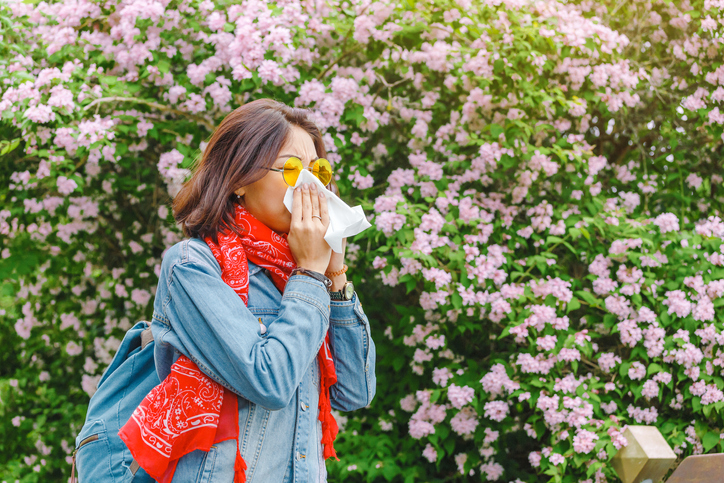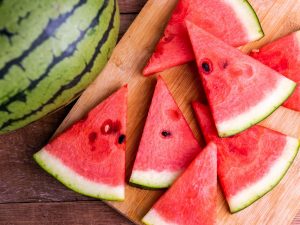As the warmth of summer spreads its embrace, many of us eagerly anticipate beach days, barbecues, and outdoor adventures. However, for a significant portion of the population, summer also marks the onset of seasonal allergies. While others bask in the sun, allergy sufferers often find themselves sneezing, itching, and generally feeling less than their best. Let’s delve into what causes these summer allergies and how to cope with them effectively.
Understanding Summer Allergies
Summer allergies primarily stem from airborne substances such as pollen from grasses, weeds, and trees. When these allergens come into contact with sensitive individuals, they trigger the immune system to release histamines, leading to the familiar symptoms of allergic reactions. Common symptoms include:
- Sneezing
- Runny or stuffy nose
- Itchy, watery eyes
- Scratchy throat
- Fatigue
For those prone to asthma, allergens can exacerbate symptoms and lead to difficulty breathing.
Common Triggers
- Pollen: Grass pollen is a major culprit during the summer months, especially in warmer climates. Tree pollen may also linger into early summer.
- Mold: Outdoor mold spores thrive in warm, humid conditions, which are plentiful during summer rains or in areas with high humidity.
- Insect Stings: Bees, wasps, and other insects are more active in the summer, posing a risk of allergic reactions to their venom.
Managing Summer Allergies
While it may seem daunting to enjoy summer while battling allergies, there are several effective strategies to minimize discomfort:
Monitor Pollen Counts: Stay informed about daily pollen forecasts, typically available through weather apps or local news sources. Plan outdoor activities for times when pollen counts are lower, usually after rain or in the early morning.
Stay Indoors During Peak Times: Pollen levels tend to peak in the morning and early evening. If possible, limit outdoor activities during these times or wear a pollen mask when doing yard work.
Keep Windows Closed: While it’s tempting to let in fresh air, keeping windows and doors shut helps prevent pollen from entering your home. Use air conditioning with a clean filter to keep indoor air cool and clean.
Use Allergy-Proof Bedding: Encase pillows, mattresses, and box springs in dust mite-proof covers to reduce exposure to indoor allergens.
Shower and Change Clothes: After spending time outdoors, shower to rinse off pollen and change into fresh clothes to avoid spreading allergens indoors.
Medications: Over-the-counter antihistamines, nasal sprays, and decongestants can provide relief from allergy symptoms. Consult with a healthcare provider for the best options based on your specific symptoms.
Natural Remedies: Some people find relief from saline nasal rinses or herbal supplements like butterbur or quercetin, although their effectiveness varies.
Consult an Allergist: If symptoms persist despite these measures, consider consulting an allergist for allergy testing and personalized treatment options such as allergy shots (immunotherapy).
Summer allergies may dampen the spirits of many, but with careful planning and management, you can still enjoy the sunny season to the fullest. By understanding your triggers and employing effective strategies, you can minimize discomfort and make the most of outdoor activities. Remember, staying informed and proactive is key to keeping allergies at bay and embracing all that summer has to offer.







Be First to Comment